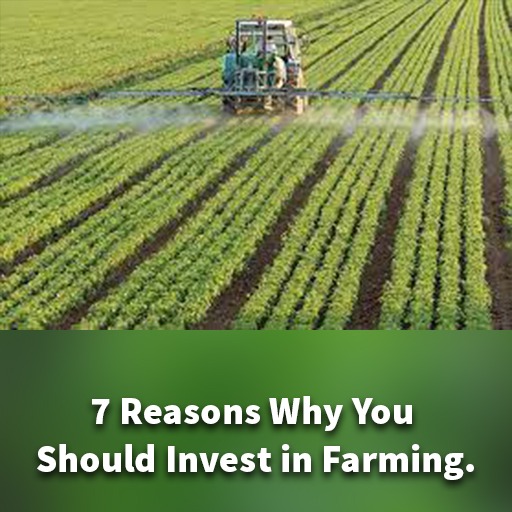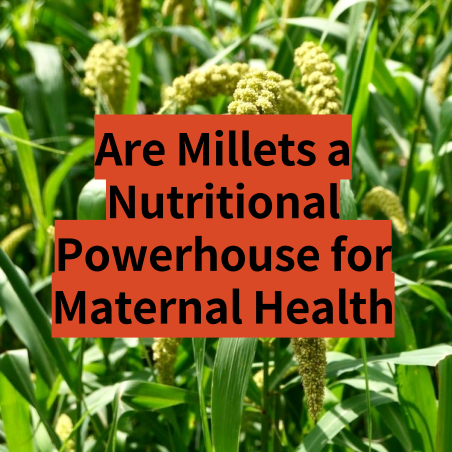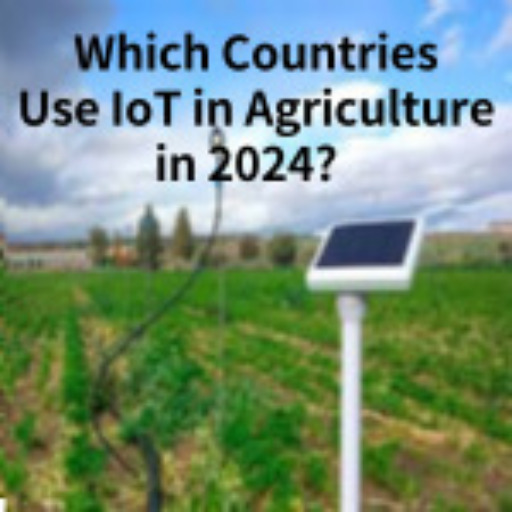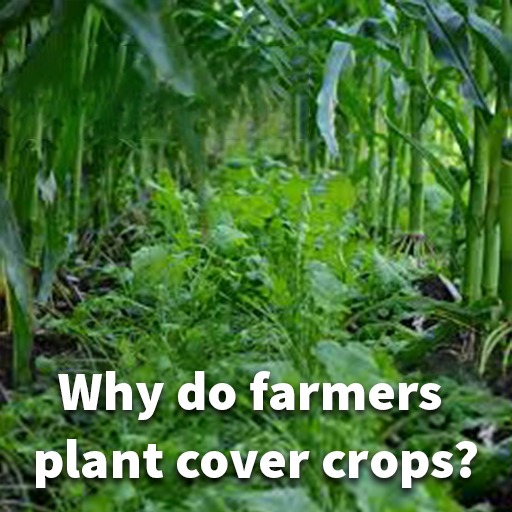7 Reasons Why You Should Invest in Farming. A long-term investment that rises in value with time and can make pace with rising inflation is the best type of investment. Investment should be where it can greatly impact society. The world population is continuously growing and along with it the need to feed and clothe people is also increasing. Opportunities for agricultural farming investment are at an all-time high since there are more than 7.5 billion people on the planet to feed and clothe.
The quantity of food, particularly protein, that individuals consume daily is gradually rising. Soil is also becoming a scarce commodity due to population growth, which might lead to even more demand for farmland with good soil. Investing in agriculture supports industry and lifestyle, keeps farmers farming, and keeps your assets safer than the stock market.
Here’s a complete guide to why you should begin investing in farming.
Why You Should Invest in Farming?

1. Farming Lifestyle
We’ve watched the agricultural business take a backseat as technology has progressed. Farming is a talent that is passed down through families for generations. However, many individuals lack this expertise. It’s all down to agriculture that we have Friday night dinner dates, a love for home and workplace design, and Sunday night supermarket shopping.
Supporting farmers means that the prospect of bank foreclosure is not lurking over their heads. You make it feasible for farmers to get the supplies and equipment they need to produce the highest quality yields.
2. Farmland Values are Rising
The value of land frequently climbs beyond predictions. Non-irrigated cropland prices grew 3% from 2020 to 2021. Over the year, the value of grazing land increased by 6% to $3,374 per acre. If you’re considering buying farmland, do your research before investing any money. Irrigated or non-irrigated crops, grazing land, woodland, or outdoor recreation land may be purchased according to how you want to administer your investment.
3. Inflation hedging:
An inflation hedge is an investment that is thought to protect against the loss of buying power that comes with a currency’s value going down because prices are going up in the economy as a whole or because of inflation.
In addition to the passive income from rent and crop payments, farmland investors gain price growth when the land is sold. Farmland investments are a natural inflation hedge since increasing crop prices leads to better returns for investors. Investment returns are boosted by greater crop prices, which raises underlying land value, resulting in more strong values when the property is sold.
4. Higher Food Demand:
Researchers say that by 2050, we will need to double the number of crops we now cultivate to feed the world’s growing population. Only 8% of the world’s land is suitable for agricultural production, and the vast majority of that area is currently in use.
The demand for land increases when there is a rise in the need for food. It doesn’t matter whether you decide to cultivate your property yourself or lease it to a farmer or rancher; the scarcity of land suited for food production raises the investment’s worth.
5. Agriculture Farming is an excellent side hustle.
Farmland is a good passive income source and another investment incentive. Rent and crop payments made by the farmers who own and operate the land are a part of the farmland profit. Because the investor doesn’t have to put in any time or effort to get this money, it’s called passive income.
There are several advantages to having passive income. One of the advantages of passive income is that it does not need extra effort from the investor. In addition to diversifying your income, passive income sources may help protect your cash flow in the case of a sudden job loss. People on fixed incomes, such as pensioners, might benefit from investments that create passive income.
You can earn passive income through the following ways:
- Tenants who want to cultivate their food or raise livestock may rent the space.
- Lease your land to renewable energy businesses that want to put windmills or solar panels on it.
- Hunting and off-road enthusiasts may use your land for amusement by renting your equipment.
6. Farmland Can Diversify Your Portfolio
Farming is a good short and long-term investment. Hard assets like land parcels tend to hold their value in your portfolio. This low-risk investment may be a good fit if you’re looking to diversify your portfolio. Land may also be used to transmit wealth to your heirs via a living trust revocable at any time.
7. Farmland is Stable
Investing in farming might solve your search for a reliable asset type. Farmland rises in value over time and is not subject to sudden price fluctuations. Both the housing and stock markets have the potential to go bankrupt. These tragic occurrences have occurred more than time in our nation’s history. A diversified investment portfolio that includes farmland may provide a hedge against the ups and downs of the economy.
Conclusion:
Agricultural assets have a limitless appreciation potential. It’s not surprising that more investors are turning to farmland as an investment possibility because of the growing need for food, declining land availability, minimal correlation with other properties, and historically high performance. Farmland investors, like those who invest in other forms of real estate, may take advantage of the tax benefits provided by depreciation. Agribusiness investment is almost always a long-term endeavor. Returns are dependent on a variety of factors, including commodities prices as well as the amount and rate of appreciation of the property farm’s return on investment may vary from 4 to 5 percent for commodity-based land to 11-16 percent for specialty crops, depending on the location, current commodity prices, and other variables. Agriculture investments may be set up to be handed down through generations because of their long-term nature.













